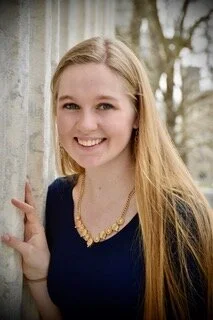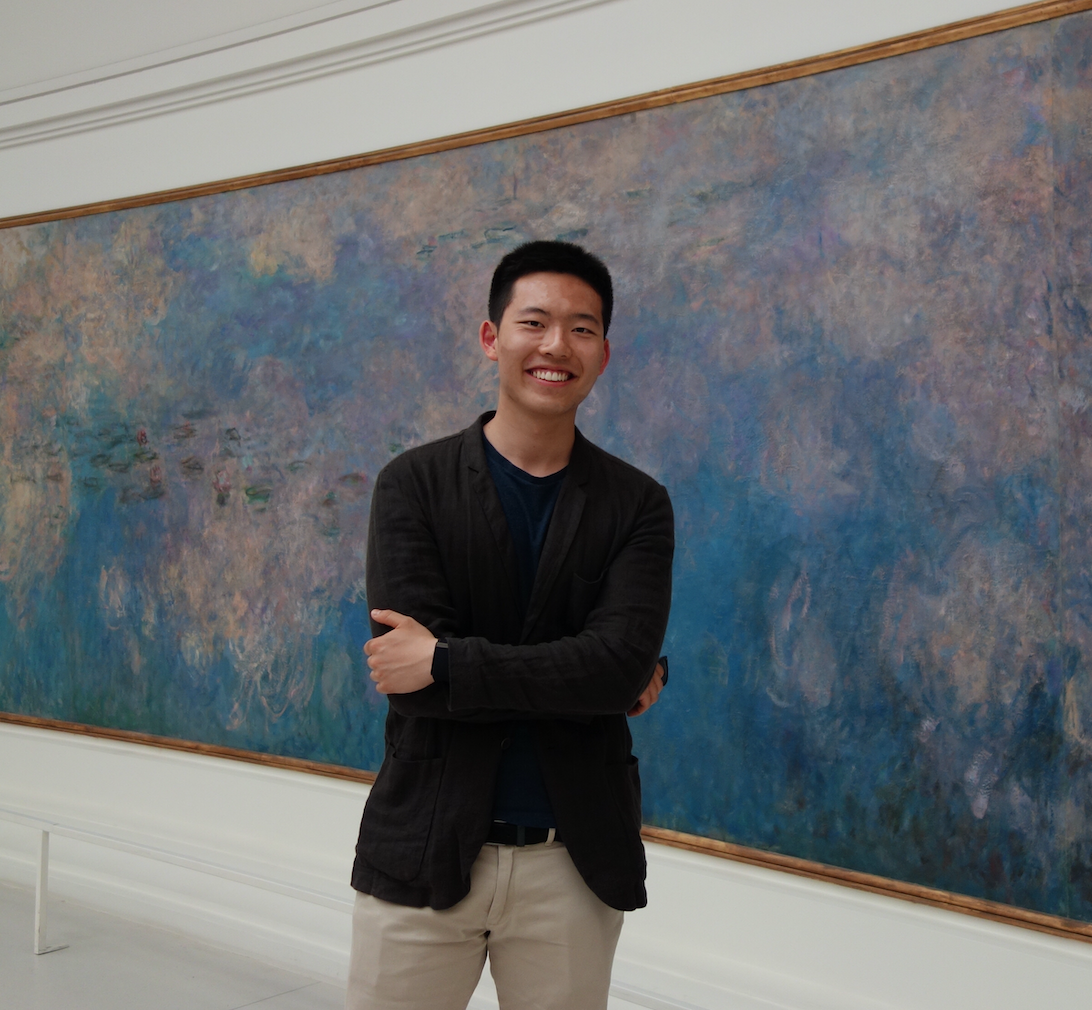This semester, Tiger Gao, Jack Edmondson, and Tom Bearpark have been taking Princeton’s 1st-year PhD econometrics sequence with Prof. Chris Sims, who won the Nobel Prize in Economics in 2011 for his work in macroeconomics. More specifically, his application of Bayesian inference to evaluate economic policies has been pathbreaking. Taking his course expanded our conception of statistics and probability theory in a way never before, and we thought it may be interesting to apply some of the influential Bayesian concepts he taught me to our political debates today. Nate Silver, widely considered as the preeminent voice in election forecasting, is a Bayesian himself. Perhaps our exploration could shed some light into his mind.
Read MoreThe sudden outbreak of a global pandemic draws calculations of societal wellbeing into sharp focus, as governments across the world are pressed to weigh the costs and benefits of disease control measures under conditions of heightened risk and uncertainty. While economists have produced rough estimates of the cost of quarantine measures – stemming both from post-epidemic analyses of the SARS outbreak and preliminary estimates under the current COVID-19 crisis – they fail to account for the nuances of calculating social wellbeing in a highly stratified and socioeconomically unequal society.
Read MoreEconomics is about trade-offs. But in a more nuanced sense, at least part of economics is about implementing certain policies to generate enough incentives to change individual behaviors. Taxes are the best examples, such as carbon taxes that punish pollution, corporate tax credits that incentivize employment, or “tax” burdens or credits on Princeton’s tuition and housing prices that may nudge students to make more appropriate choices that the University desires.
Read MoreWhile the coronavirus pandemic is leaving places eerily empty across the globe, from freeways in LA to the Eiffel Tower and beyond, the view from my window is drastically different. Here in Taipei, everything is still “normal.” The noisy motorcycles fill the streets, restaurants are crowded, and you can smell the delicious Taiwanese street food even before you set foot in the lively night markets.
Read MoreA topic dominating much of the news media as of late is how and when to “reopen the economy.” Much of this discussion over how long Americans should self quarantine, and what actions federal and state governments should be taking at this time, has centred around the idea of a “tradeoff”.
Read MoreAs the eyes of the world are turned towards the rising number of COVID-19 related cases in developed nations, most notably across Europe and in the USA, the footprint of the outbreak has been rapidly growing in the developing world as well. Nations across South Asia, South East Asia, Latin America and Africa, which have limited state capacity, poor health infrastructure and weak social welfare policies, are now scrambling to contain the spread of the coronavirus.
Read MoreOn Mar. 18, in an email to the students of her ECO 101 class, Princeton University Professor of Economics Elizabeth Bogan offered analysis on the recent economic shutdown in the U.S. as a result of COVID-19. She argued, in what she characterized as “somewhat contrarian” position, that the shutdown was premature, excessive, and would ultimately result in an exceedingly high amount of unnecessary economic loss and death.
Read MoreEven before the coronavirus pandemic, there was an ongoing debate in American society about whether our issues stem from adjustable quirks and flaws in our economic and societal systems, or whether America needs massive and formative changes in order to remedy crippling economic inequality and re-orient our policy priorities to focus more on the needs of the poorest Americans. This debate over whether or not we need “revolution” was the source of much of the disagreement during the Democratic Primary, and this controversy has now spilled into the debate over how the U.S. ought to respond to the outbreak.
Read More







